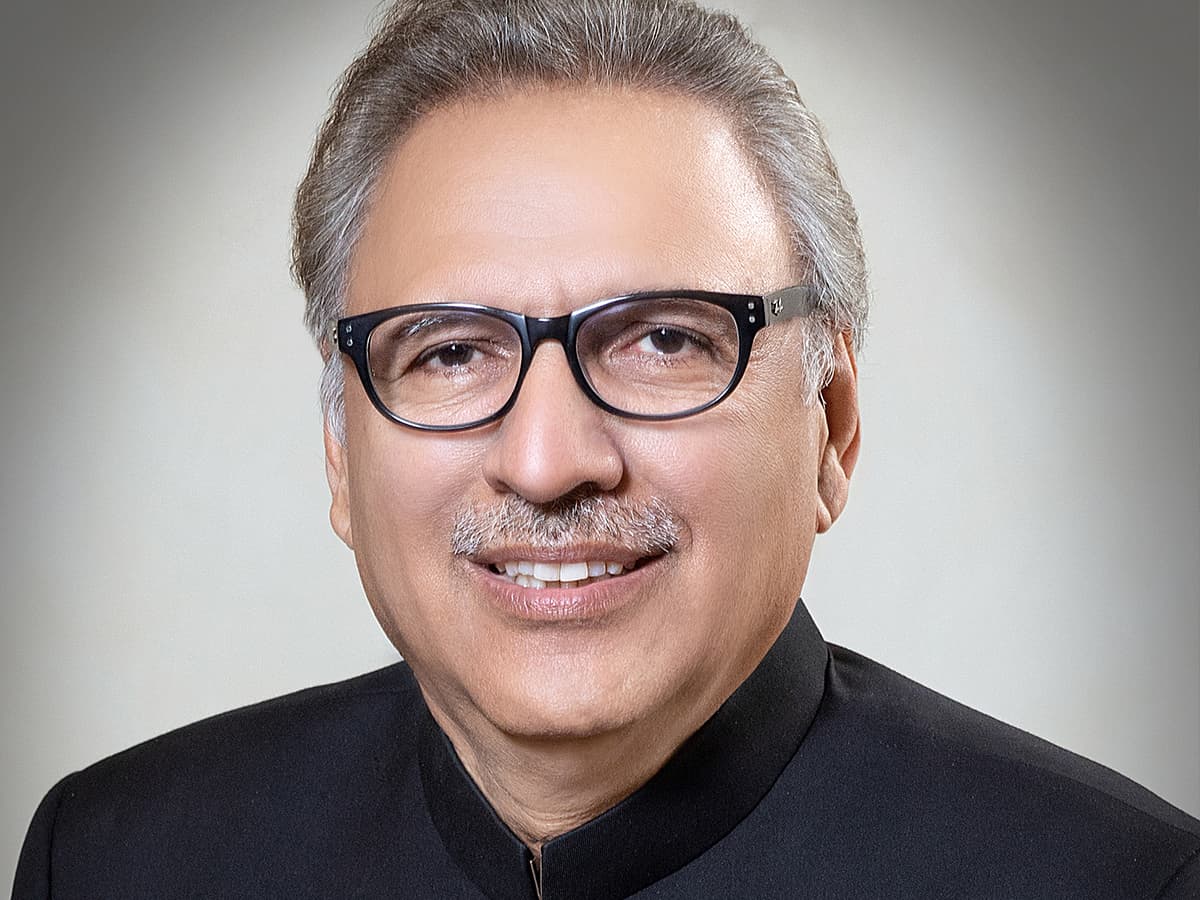Pakistan President Arif Alvi has signed the country’s new anti-rape ordinance into law which hopes to fastrack sexual assault related offences against women and children.
The ordinance was first put forth by Prime Minister Imran Khan and was passed by the Federal Cabinet on Nov 24 after public outrage following the gang-rape of a woman outside the city of Lahore.
The law will go into effect immediately. However, The Parliament will be given three months to ratify the law.
What the law means
Special courts will be set up which must reach a verdict in four months since the beginning of the trial. It will also establish special anti-rape cells across the country to conduct initial investigations and medical examination within six hours after a police complaint is filed.
Speaking of medical examination, it will also abolish the invasive two-finger virginity testing that was used to assess the victim’s sexual history. The law also made revealing the name of a sexual assault victim a punishable offence.
It will also create the country’s first national sex offender’s registry and chemical castration will be considered a punishment for repeat offenders.
The new law will also punish police and other officials who hinder investigations with a fine in addition to prison time up-to three years.
What instigated it
This law followed after civil unrest and widespread protests when a woman was raped on the side of a motorway in-front of her two children. Senior most police official of Lahore, Umer Sheikh, implicitly said the following morning that the victim was partially at fault for getting raped. He had since issued an apology but not before reiterating his points several times.
Shireen Mazari, federal Minister of Human Rights, said on Twitter: “For an officer to effectively blame a woman for being gang-raped by saying she should have taken the GT Road or question as to why she went out in the night with her children is unacceptable & have taken up this issue. Nothing can ever rationalise the crime of rape. That’s it.”
Pakistan has extremely low conviction rates for sexual assault related crimes, with Federal Minister Fawad Chaudry saying in the national assembly that only a 5% of cases follow through with conviction out of an average of 5,000 cases every year.
Rights Groups say the estimate should be even higher because some women don’t even approach the police for fear of harassment from the police officers and social stigma.

